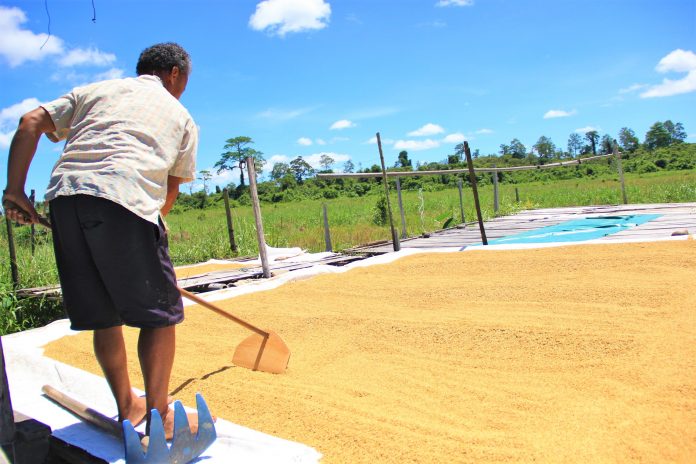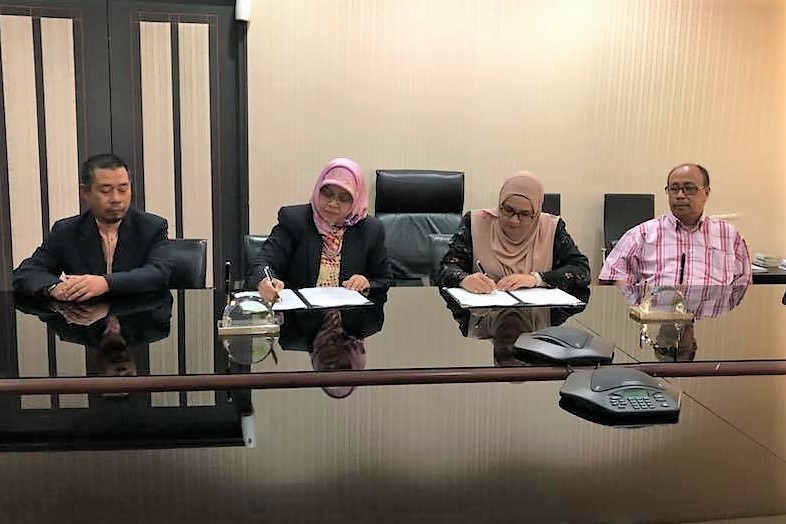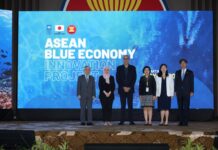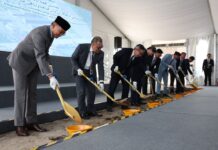
The Department of Agriculture and Agrifood (DAA) has commissioned a pilot project to identify groundwater sources for four rice fields in the Sultanate with lack of irrigation systems.
Preston Geocem (B) Sdn Bhd will undertake the project by using electrical resistivity to generate subsurface mapping below the ground, allowing for trial tube wells to be installed to suck up groundwater samples for analysis.
The Agricultural Development Areas (KKP) of Bebuloh and Limau Manis and Junjungan in Brunei-Muara, Lot Sengkuang in Belait and Perdayan and Lekiun in Temburong will be studied.
In a press statement, DAA said that the project was aimed at determining the feasibility of using groundwater for irrigation in areas that either had incomplete irrigation systems or were completely reliant on rainwater.

Belait’s largest rice farm in Lot Sengkuang spanning 300 hectares was previously reported to be suffering from an outflow of farmers due to harsh, dry weather conditions which exposed the lack of irrigation infrastructure in the area.
Between 2008 and 2015, Sengkuang’s yield – a direct indicator of how well the district performs – dropped from 192 to 52 tonnes.
Brunei’s overall rice production was at 1,382 tonnes in 2014, before rising to 1,983 tonnes in 2015 and dropping down to 1,578 tonnes in 2016.
Meanwhile in a separate agreement, DAA awarded Yaz & Wyn Enterprise a five-year lease for 110 hectares for rice farming in KKP Panchor Murai A and B. DAA said they expect the project to have an annual output of 690 metric tonnes – which would make Yaz & Wyn one of the largest rice cultivators in Brunei.
The company also has an opportunity to extend the lease if they meet DAA’s targets in developing the area.
The groundwater and KKP Panchor projects are part of DAA and the Ministry of Primary Resources and Tourism’s target of raising Brunei’s rice self-sufficiency from 4.85% in 2016 to 22% by 2020.
Challenges in rice farming in Brunei include soil acidity, infrastructure, weather and competition from neighbouring countries.












